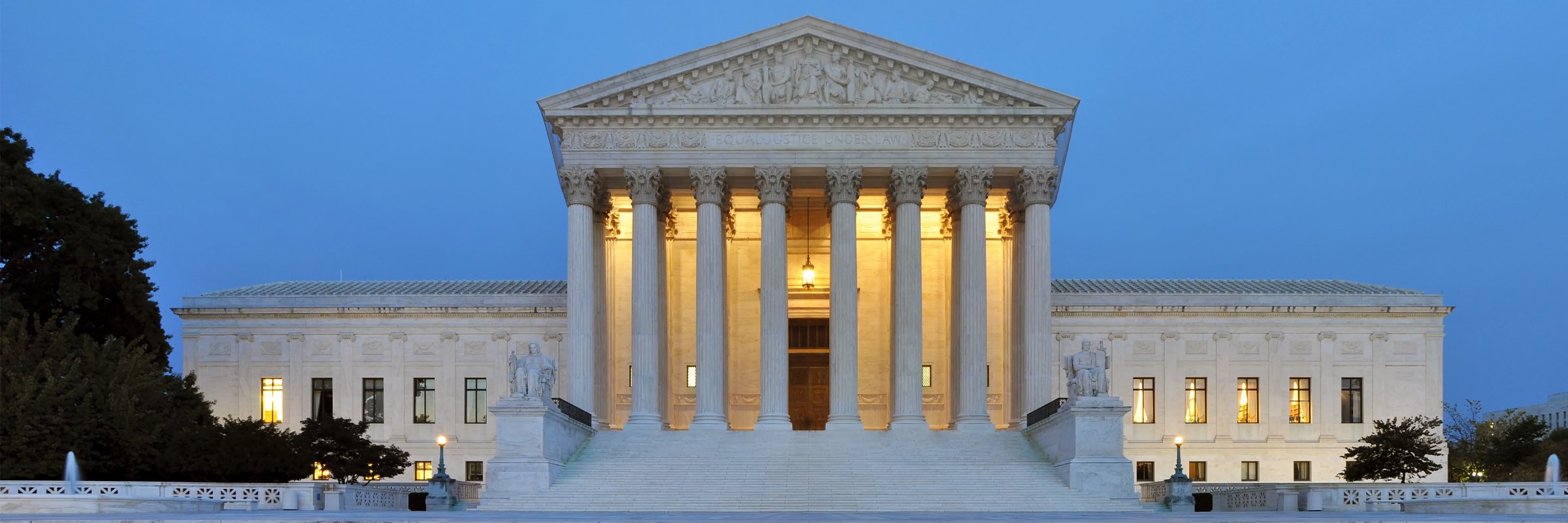In 2017, Priscilla Villarreal — sharing updates through her popular La Gordiloca Facebook page — first confirmed with a government source and then reported on a series of deaths in and near Laredo, Texas. They were not unusual stories for Villarreal to share — she has gained wide attention for local updates and breaking news on public corruption and thousands tune in to her videos and updates.
But in this case, Villarreal was arrested and charged with a third-degree felony, “Misuse of Official Information.” Her alleged crime: Requesting the wrong information.
A person commits an offense if, with intent to obtain a benefit or with intent to harm or defraud another, he solicits or receives from a public servant information that:
(1) the public servant has access to by means of his office or employment; and
(2) has not been made public.
The benefit here was simply the audience and impact growth that any publisher works towards, while the information she sought — confirming the names of the deceased — was among the most basic detail reporters and the public want to know.
While the case was ultimately dismissed when a judge ruled the law was “unconstitutionally vague,” the Fifth Circuit later ruled that the officers involved were entitled to qualified immunity and that Villarreal’s arrest was “not ‘obviously unconstitutional’”:
Villarreal’s attorneys at the Foundation for Individual Rights and Expression have recently petitioned the Supreme Court to hear the case, writing that “respondents are police officers and prosecutors who sent Petitioner Priscilla Villarreal to jail for asking a police officer for facts and then reporting what the officer volunteered. Those officials plotted the local journalist’s arrest not for any legitimate purpose, but to silence a vocal critic.”
We agree that the Fifth Circuit’s ruling is troubling, and as it stands justifies not just arresting journalists for verifying and reporting true information but imperils the very act of requesting information if that information could conceivably be viewed as exempt from disclosure. As any frequent requester knows, with thousands of exemptions across different jurisdictions, that could apply to just about any request.
With pro bono support from Prince Lobel, MuckRock has submitted an amicus brief written by Jeffrey J. Pyle and Aaron S. Jacobs outlining why that is such a troubling precedent:
Every day, thousands of citizens and corporations submit informal inquiries or formal public records requests to state and local entities for information that government officials ultimately conclude is nonpublic. That is not because requesters are unlawfully seeking confidential information. Rather, it is because state public records laws contain hundreds of exemptions, some of them vaguely defined or subject to complex balancing tests.
In this legal context, the act of merely requesting information that is ultimately deemed nonpublic cannot reasonably be considered a crime. Rarely can an individual know in advance whether information she requests is subject to a public records exemption. Further, requiring journalists or other citizens always to submit official information requests to authorized government representatives on pain of criminal sanction would lead to the unacceptably delayed disclosure of timely information, and a less-informed public.
Unless corrected, the Fifth Circuit’s decision will encourage other government officials, both high and petty, to harass, threaten, and arrest people for requesting information that the government would prefer not to release – even if the government may lawfully release the information under state law. The decision not only chills journalists from speaking to unauthorized government sources of information – what the Fifth Circuit scorned as “backchannel” communications – it inhibits the use of state public records acts themselves, which are essential tools of public accountability. The Court should grant certiorari and reverse.
You can read MuckRock’s full brief. MuckRock is joined by a host of other transparency, free expression and civil rights groups in our request for the Supreme Court to take up the case, including the Reporters Committee for the Freedom of the Press and 21 other newsrooms.
We are grateful to Pyle and Jacobs at Prince Lobel for their work on this critical issue.
Header image by Joe Ravi and licensed under CC BY-SA 3.0.
